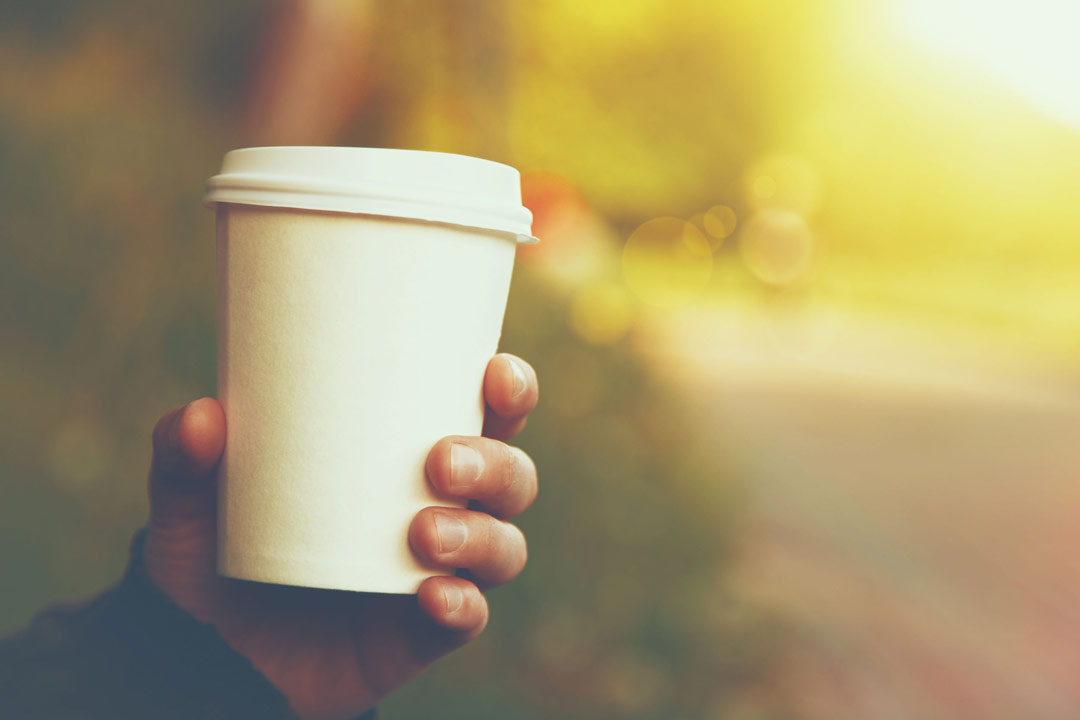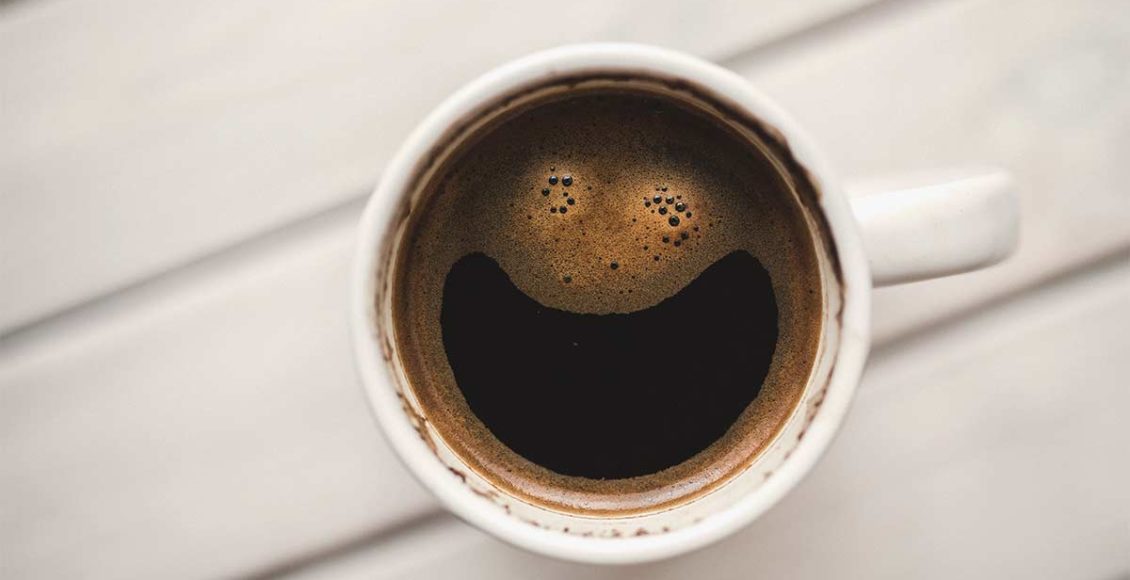Caffeine is the most popular energy booster out there.
It’s the magical substance that brings all the tea and coffee lovers together.
For many people, caffeine is the only thing that wakes them up in the morning and helps them get through the day. But what does it really do to our brains?
Usually, caffeine can be found in foods and drinks we consume daily, such as coffee, tea, cola, and chocolate. This psychoactive stimulant acts on our nervous system and affects our mood, alertness, and energy. It’s basically a legal drug. Maybe that’s why a lot of caffeine lovers talk about it as a guilty pleasure.
Do you want to know what caffeine actually does to your brain?
Here are 7 surprising caffeine benefits you probably didn’t know about.

1. Coffee and a nap is actually a good combination
Sounds unnatural? Well, if you’re sleep-deprived, and sleep is just never enough, having a cup of coffee before taking a nap can actually be beneficial for you. When you are tired, about 200mg of caffeine, plus a good nap, can make you feel refreshed and energized. Even if napping is not your thing, this surely will have a good impact on you.
2. Caffeine could be a painkiller
For instance, if you have a tension headache, combining paracetamol with caffeine can provide a better pain-relief effect. Although many believe that consuming caffeine can be the cause of headaches, it turns out it could cure them.
3. Caffeine can prevent you from gaining weight
By increasing the energy usage and improving the metabolic rate, caffeine blocks weight gaining. In fact, it’s a popular ingredient in a lot of fat burning supplements. Drinking a small cup of coffee before going to the gym can make you feel better, more energetic, and ready to conquer the day.
4. Caffeine improves your brain activity
“Once you wake up and smell the coffee, it’s hard to go back to sleep.”
Fran Drescher

It’s no secret that many people find it difficult to start the day without a cup of coffee. Not only it helps you stay awake, but it also increases alertness and helps you focus. What’s more, caffeine also lowers your perception of exhaustion and makes you more active and lively during the day.
5. Caffeine is a mood booster
Do you know that feeling when you’re having quite a busy day at work and nothing goes right? But right after you drink a nice cup of hot coffee, something tells you that you can do it and nothing is impossible. That’s how powerful caffeine actually is.
The right amount of good quality caffeine can make you feel really good. Doesn’t matter if it’s coffee, tea, or chocolate, it instantly makes you feel more lively and cheerful.
6. A cup of good coffee or tea a day can help you fight depression
“We want to do a lot of stuff; we’re not in great shape. We didn’t get a good night’s sleep. We’re a little depressed. Coffee solves all these problems in one delightful little cup.”
Jerry Seinfeld

As well as making you feel recharged, the stimulating effect of caffeine can also boost your feeling of well-being. It could play a crucial role in releasing the happy chemicals dopamine and serotonin.
When it comes to depression, two of its typical characteristics are the inability to feel pleasure and the lack of motivation. So, as we already know, caffeine is a great mood booster and makes us more productive – exactly the opposite of the way depression affects us. That’s why we can consider coffee as a substance that helps us fight depression in the long-term.
7. There are no withdrawal symptoms after giving caffeine up
It’s all about your mindset here. If you convince yourself that there would be some negative following effects of giving up coffee, then most probably you’re right. But actually, you’re just going to blame all your aches and tiredness on the lack of coffee, without it being the cause of them.
If you don’t expect any withdrawal symptoms after your last cup of coffee, everything is going to be just fine. In other words, giving caffeine up is not as difficult as you may think.



